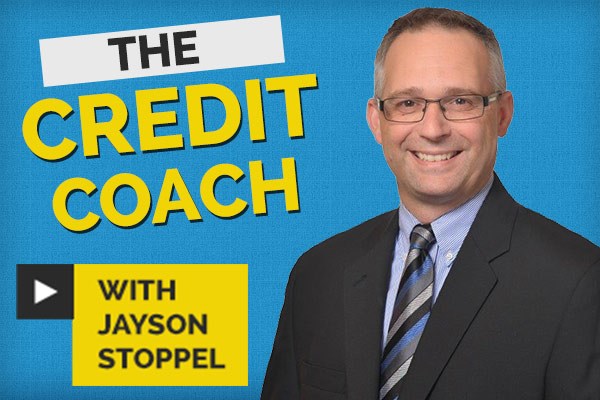Debunking Some of the Myths of Personal Bankruptcy
Recently I wrote about the personal assignment in bankruptcy as a last-resort option for individuals facing an unsolvable debt situation. In this article I would like to write about some of the common misconceptions about filing a bankruptcy I hear day to day. Hopefully, debunking a few of these myths will remove the fears for those individuals who are afraid of the unknown and hesitant to reach out for help.
Myth: If I claim bankruptcy my credit rating will be ruined for seven years.
This is a common misconception about bankruptcy. When an individual files a personal bankruptcy they will work through what is usually a 9 to 21 month process. At the end of that time period, the process is usually complete. You will be discharged from the bankruptcy and likely most if not all your debt will be eliminated. The bankruptcy will appear in your credit file for several years after the date of discharge, however, once you have your discharge you can begin taking steps to repair your credit rating. There are a number of steps you can take to rebuild your credit. For example, a secured credit card is offered by many financial institutions for people in a bankruptcy or recently discharged. A secured credit card provides the flexibility, online security and convenience of a traditional credit card — the difference is that a secured card usually requires you to make a cash deposit up front which will be equal to your credit limit.
Myth: If I claim bankruptcy, I will lose all my assets.
As a Licensed Insolvency Trustee (LIT), I hear this common fear quite often. When you file a bankruptcy your property (or assets) do become subject to a seizure and sale. This means that your ownership in your assets basically transfers to the LIT, who will sell your assets and give the proceeds to your creditors. However, some assets are exempt, meaning you’ll be allowed to keep some of your possessions. The Bankruptcy and Insolvency Act has specific provisions — and most provinces have legislation — which exempts certain property from being seized.
The list of exemptions in Ontario includes one vehicle up to $6,600, all your clothing, and household furnishings, food and fuel valued up to $13,500. Exemptions exist for a portion of your RRSPs, pension funds, equity in your home, and tools of your trade. During your initial consultation, an LIT will review your assets and tell you more about what will happen with your property if you file a bankruptcy.
Myth: If I claim bankruptcy, my spouse, partner or family will affected
The answer to this question is not a simple one. In most cases, the answer is no, your spouse in not affected by your filing of a bankruptcy. Your credit rating, your assets that are in your name and your debts are what is largely in play. Your spouse’s property and credit rating are separate. However, the answer to this question can get difficult if you and your spouse have jointly-held property or have co-signed and/or co-mingled your debts. In this case, your best course of action is to speak to an LIT to determine what, if any, financial effect your bankruptcy will have on your spouse.
Myth: If I claim bankruptcy, everyone will know about it.
It is true that the filing of a bankruptcy is a matter of public record — it is registered with the federal government and sometimes the courts. However, bankruptcy is generally a relatively private action with little to no general public (mom and dad) knowledge. For the majority of bankruptcy filings, there is no requirement to put any notice in the newspaper. (A small number of bankruptcies require that the LIT advertises a meeting of creditors.) Can people find out that you filed for bankruptcy? Yes. Does the LIT have to share notice of your bankruptcy filing with your creditors? Yes. But we do not make up t-shirts and hats to hand out at the mall, disclosing the names and faces of the debtors we help on a daily basis.
There are many myths about filing an assignment in bankruptcy. That’s why it’s important to arm yourself with some knowledge about all debt solutions, including bankruptcy. The Office of the Superintendent of Bankruptcy (OSB) website offers a good, easy- to-understand overview of the bankruptcy process and the role of an LIT. I ask you please not to stew on something you heard from a friend who has a friend that had a pet dog that had to file bankruptcy and they said….well you know how that goes.
Jayson Stoppel is a Licensed Insolvency Trustee and Chartered Accountant with BDO First Call Debt Solutions. With over 15 years in practice, Jayson assists individuals, families and companies with financial difficulties in Thunder Bay and throughout Northwest Ontario. To reach Jayson by email: [email protected]

